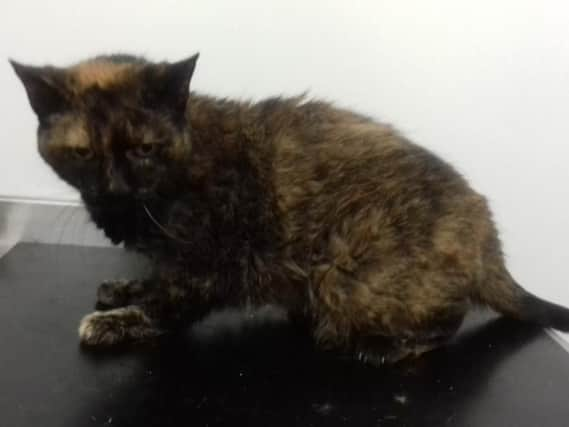Probe launched into UK fur trade


Westminster's environment committee is to to examine the current fur trade and how the industry can be made more transparent for the consumers.
The decision comes months after it emerged that major retailers including House of Fraser were selling products which were mislabelled as fake fur, when they actually contained animal fur. An investigation using evidence from a fibres expert found that fur from animals such as cats was entering the supply chain in countries such as China and being mislabelled as synthetic material. The retailers said they had strict no fur policies and removed the products from sale, saying they would not intentionally mislead their customers.
Advertisement
Hide AdAdvertisement
Hide AdFur farming was banned in the UK in 2000, while EU regulations ban trade in fur from domestic cats, dogs or commercial seal hunts. However, the UK still imports and sells fur from a range of other species such as fox, rabbit, mink, coyote, racoon dog and chinchillas - to a value of around £650m since the farming ban was introduced 18 years ago.
The committee added that Brexit may "provide an opportunity" for the UK Government to look at legislation around the import of fur.
Neil Parish, chair of the environment, food and rural affairs committee, said: “Fur farming has been banned in the UK for 18 years, and the sale of legal fur sourced from outside the UK should be tightly regulated. Reports in recent weeks that real fur is being sold as fake fur concerns us greatly, and so we have chosen to formally inquire into the matter.
“Retailers have a duty of care to their customers who have the right to know what they are buying. Our inquiry will determine where responsibility lies for the increase in illegal fur sales, and identify the steps that need to be taken to stop it in its tracks.”
Campaigners welcomed the investigation.
Claire Bass, executive director of the Humane Society International, said “Since banning fur farming in the UK we have been importing hundreds of millions of pounds of fur from farms overseas, much of it from countries with little or no animal welfare regulations at all. If that wasn’t bad enough, much of this cheap fur is then being passed off as fake fur, and sold to consumers who want nothing to do with this cruel trade.
"The vast majority of the British public support an animal fur import ban and it is exciting that this sentiment is being echoed by MPs from across the political spectrum."
The committee has asked for experts and stakeholders to submit written evidence by 23 February.